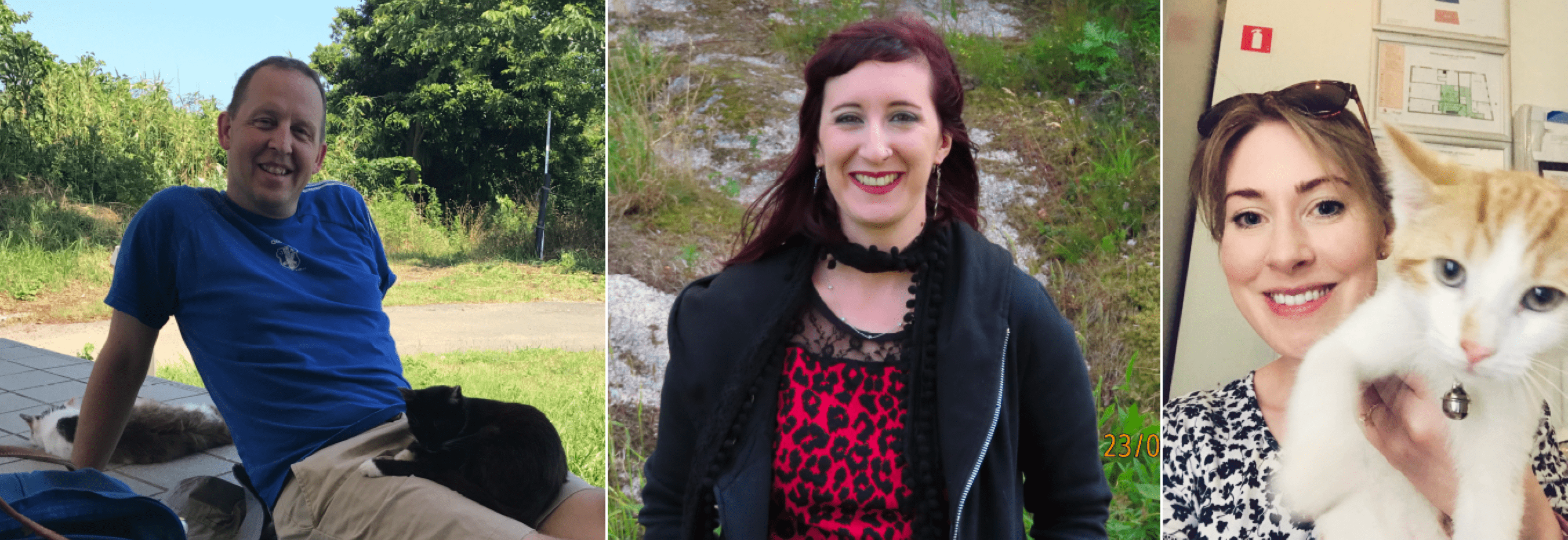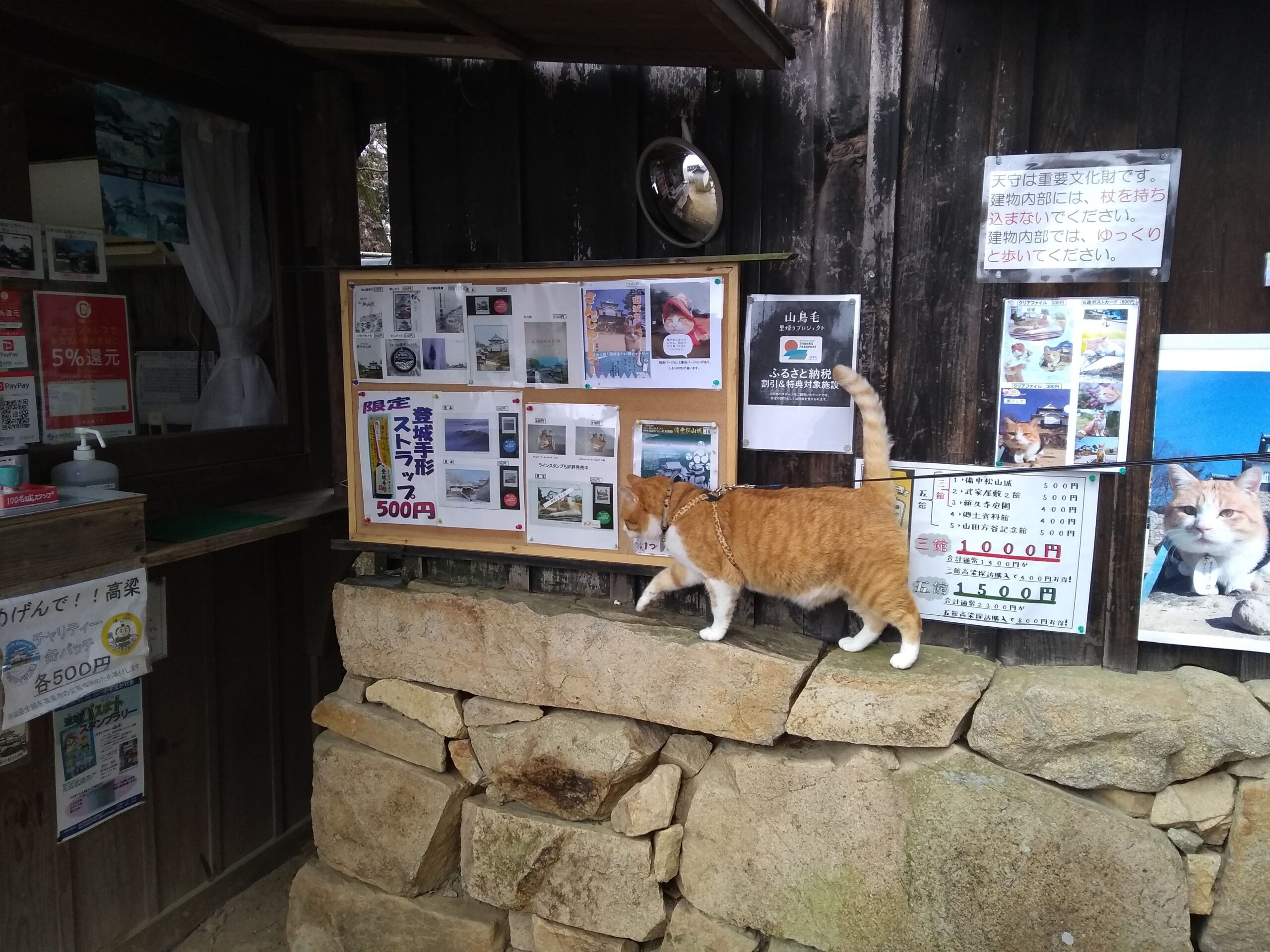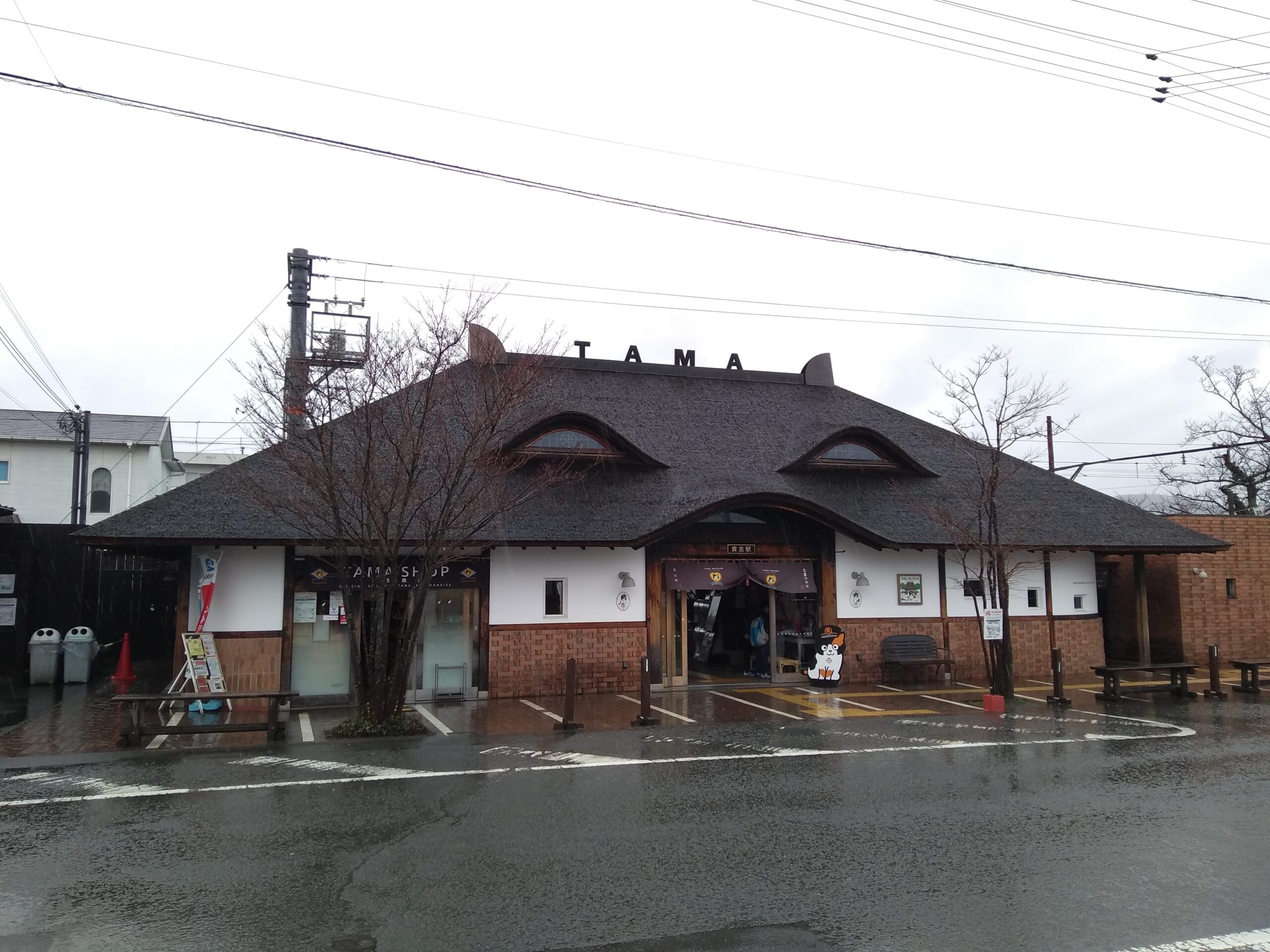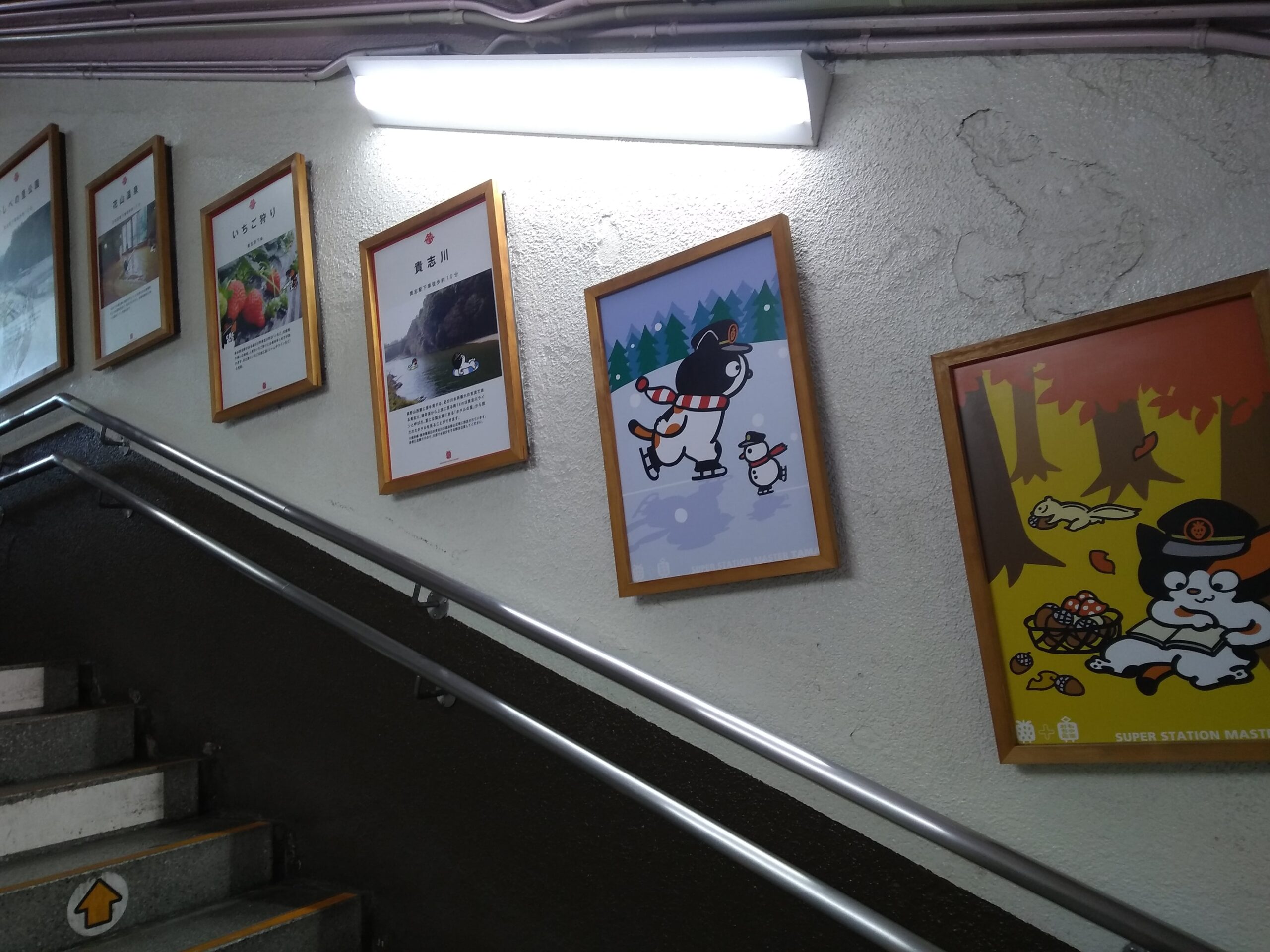HSI Report: Feline Tourism
University News | August 02, 2021
The course Feline Tourism: The wonders of travelling to cats, travelling for cats, cats that are travelling, and cat hospitality was held between June 28, 2021 and July 9, 2021, as part of the Hokkaido Summer Institute (HSI). This is the first time that a course on this topic was organized at the HSI. The course was conceived as part of the field of Tourism Studies. Tourism Studies is an interdisciplinary field that is crucial to understanding how tourism shapes diverse facets of culture, society and economics; its significance has become all the more apparent in this era of the pandemic, which has adversely affected tourism.
The course was coordinated by Professor Johan R. Edelheim, Research Faculty of Media and Communication, Hokkaido University, and was also instructed by Dr. Émilie Crossley, JSPS Postdoctoral Fellow, Research Faculty of Media and Communication, Hokkaido University and Dr. Cecilia de Bernardi, Postdoctoral Fellow, Mid Sweden University. Field visits were an integral part of the course. As the course was online, virtual field trips to cat attractions and service providers connected to cats were organised in advance of the course.

From the left: Professor Johan R. Edelheim, Dr. Cecilia de Bernardi and Dr. Émilie Crossley, who organised and instructed the course.
Although the name Feline Tourism may make the field seem frivolous or flippant, it is an important area of research: cats are an integral part of human lives and society, and by extension, tourism. Feline tourism has never before been explored in a university course, according to Edelheim. His goal in conducting this course was to create a framework for the study of feline tourism, designing the course from the very basics — as the first course of its kind in the world, the course functions as an archetype for others. Crossley was interested in the crossover between feline tourism and fox-related tourism, while de Bernardi was brought on board as pet tourism is one of her research themes.
“Coming from an European country, I find the phenomenon of ‘Japanese cat attractions’, extremely fascinating and I wanted to find out, among other things, why cats are so immensely popular in Japanese culture,” said Noëlle Sommer, a participant in the course who is pursuing a Research Master in Linguistics and Communication Sciences at Radboud University, the Netherlands. “I am a huge cat lover, and when I lived in Japan as part of an undergraduate study abroad program I did in the 2018-2019 Fall Semester, I visited as many cat attractions as possible. I felt that this course would have the answers I was looking for.”

Sanjuroichi, Cat Lord of Bitchū Matsuyama Castle, in Takahashi, Okayama Prefecture, surveying the ticket office (Photo: Johan R. Edelheim).
The course was meticulously planned and organised. 20 students enrolled in the course, and every one of them was sent a print version of a detailed study guide for the course. The course was conducted over eight 90-minute sessions, including the introductory session and the final student presentations. Student engagement was aligned with regular visual assignments which were incorporated into the sessions. The course took a tourism-centered approach to feline tourism, providing a theoretical framework and addressing ethics, kawaii culture, the role of cats, cat hospitality and cat aesthetics. This was an implementation of multispecies research: the study of relationships between humans and other species from the viewpoints of all participants in the relationships.
Kenshin Nishio, a first-year Master student at the Division of Quantum Science and Engineering, Graduate School of Engineering, Hokkaido University was interested in the course as it dealt with cats — a feature shared by all the students who enrolled in the course, as well as the instructors. “I could learn how tourism is studied, which I have never studied before, and I could (virtually) visit a cat cafe,” he said. “It was a good opportunity for me to think about cat cafes in a way I had never thought about them before.”
Edelheim had taught some courses in tourism at the HSI prior to joining Hokkaido University in 2019. He and de Bernardi are currently writing a paper on cat hotels, which was an influence for this course. Crossley has worked together on tourism education with Edelheim, so the course was a natural fit for her. Inspired by this course, de Bernardi has proposed a short course on animal tourism at Mid Sweden University.

Kishi Station, Wakayama Prefecture, the home of cat station master Tama and his successors Nitama and Yontama (Photo: Johan R. Edelheim).
“Thanks to the course, I have gained a new perspective regarding the ethics surrounding cats as mascots,” said Haruka Kasuga, a first-year doctoral student at the Graduate School of Information Science and Technology, Hokkaido University. “The course was of especial interest to me as it is closely related to my doctoral research: I study companion animals, focusing on dogs and cats, and felt that the perspective the HSI course would provide is invaluable.”
The course will be held in future instalments of the HSI. As this was the first time the course was held, there are many improvements to be made. One of the most significant is adapting the course to students from a wide array of disciplines. The instructors also hope to expand outside a classroom setting by publishing a book on Feline Tourism. In addition, they have observed that service providers in the pet hospitality industry did not see themselves as part of the tourism industry. Research in this field may help with developing strategies to address issues that arise at this intersection.
To receive information about HSI 2022, please sign up for a reminder here.
Written by Sohail Keegan Pinto

